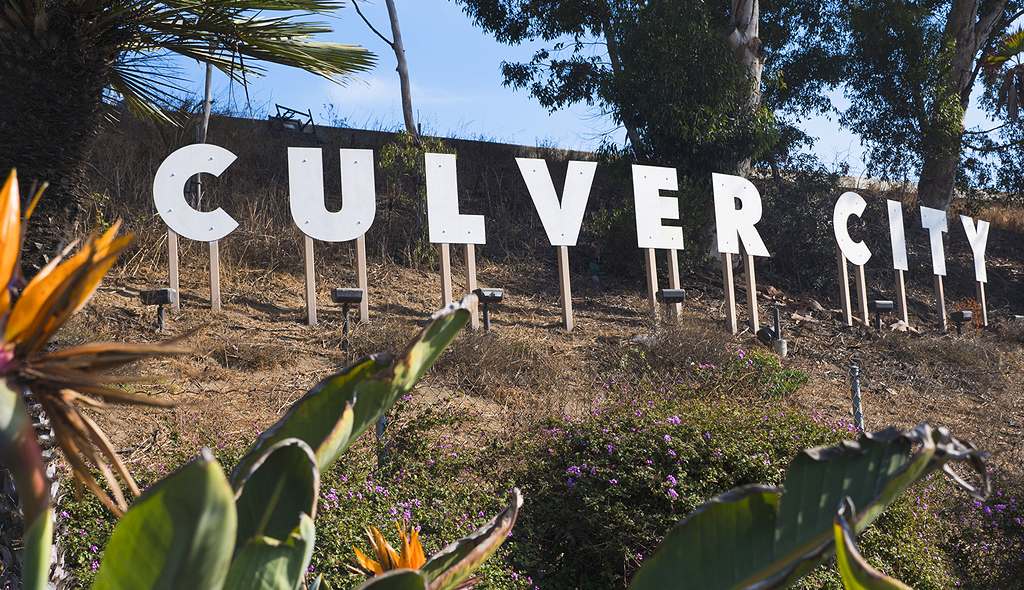
In emerging industries, from car sharing to short-term rentals, cities face a range of regulatory complexities. They’re challenged to implement permitting, inspections and licensing across business models that literally didn’t exist just a few years ago.
In a recent webinar, Culver City, Calif. senior program analyst Trisha Perez talked about how that municipality of some 40,000 residents has leveraged Accela technology to streamline new processes around the sale of cannabis.
In the wake of statewide legalization, “we were having to reevaluate our values as a city organization and as a community,” she said. Cannabis cultivation, distribution and sale required a new regulatory framework. “It did take quite a bit of research and collaboration between departments here in the city.”
The city faced a range of challenges in determining specific goals, establishing lines of communication and adopting a proven methodology. Despite the hurdles, Culver City had its online applications process up and running in under six months, thanks in large part to support from Accela’s Civic Solution for Cannabis Regulation. “We worked closely with Accela and leveraged their standardized cannabis solution to help us get to where we needed to go,” Perez said.
An application that can track, map and adapt
Cannabis regulation and licensing are complex issues for local government. Media attention and public scrutiny mean the stakes are high to get it right. Government is pressed to act quickly while still ensuring compliance and public safety. In Culver City this has required action around a broad range of activities including retail sales, laboratory testing, cultivation and distribution.
Accela’s cannabis regulation software automates the issuance of new licenses, renewals and transfers, investigations and hearings, and helps regulatory departments manage every nuance of the regulation process. Culver City leveraged the technology’s ability to consolidate reporting silos, eliminate duplicative information and enhance analysis to inform decisions.
Communication was key to the success of the project, and Culver City officials turned to Accela to support transparency, for example by automatically publishing data for real-time public, media and stakeholder access. “Our executive stakeholders and our subject matter experts were terrific in marketing the timeline of when the system would be available online and any requirements they needed to consider as part of the application submissions,” Perez said. As a result, “we did receive a lot more submissions than we anticipated.”
Because Accela’s open API allows agencies to integrate seamlessly with third-party technology, Culver City officials found the integration of the cannabis solution to be relatively seamless, particularly since the city already was making use of other related Accela products. “Since we were existing users, that knowledge of the system allowed for implementation to be on time and on budget,” Perez said. “Our current server architecture and software configuration allowed this new technology to be deployed without too much change to our existing infrastructure.”
The end result: An online application system that not only meets regulatory needs, but also sets a high bar for citizen service. Looking ahead, the city is considering how a similar technology implementation could help resolve licensing and other needs around short-term rentals and ride shares. “We are very satisfied with how this implementation process went,” Perez said.



